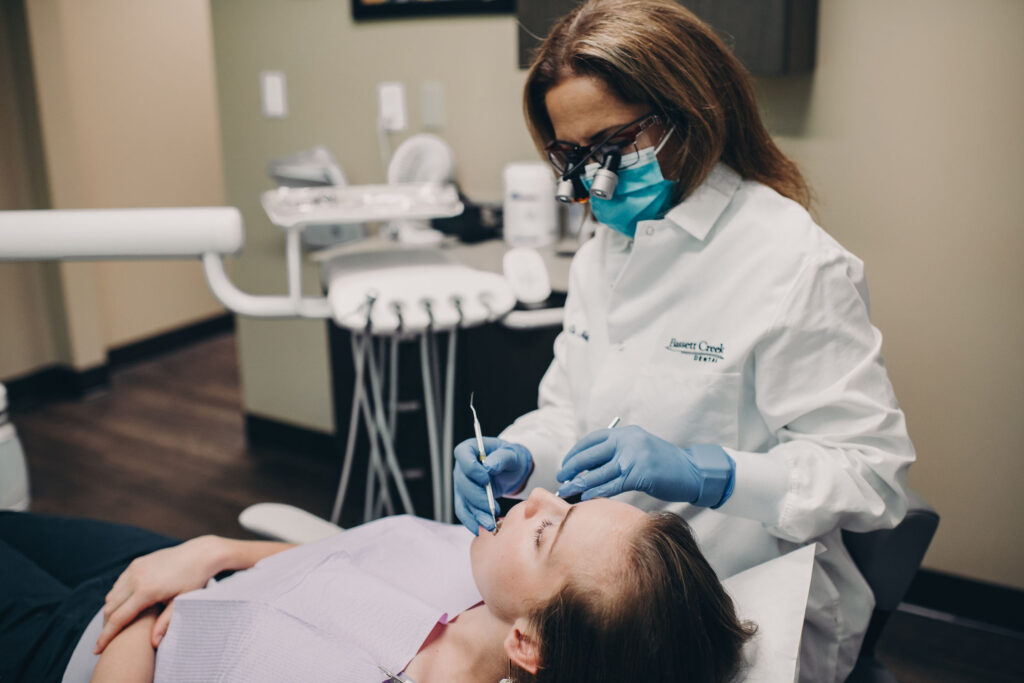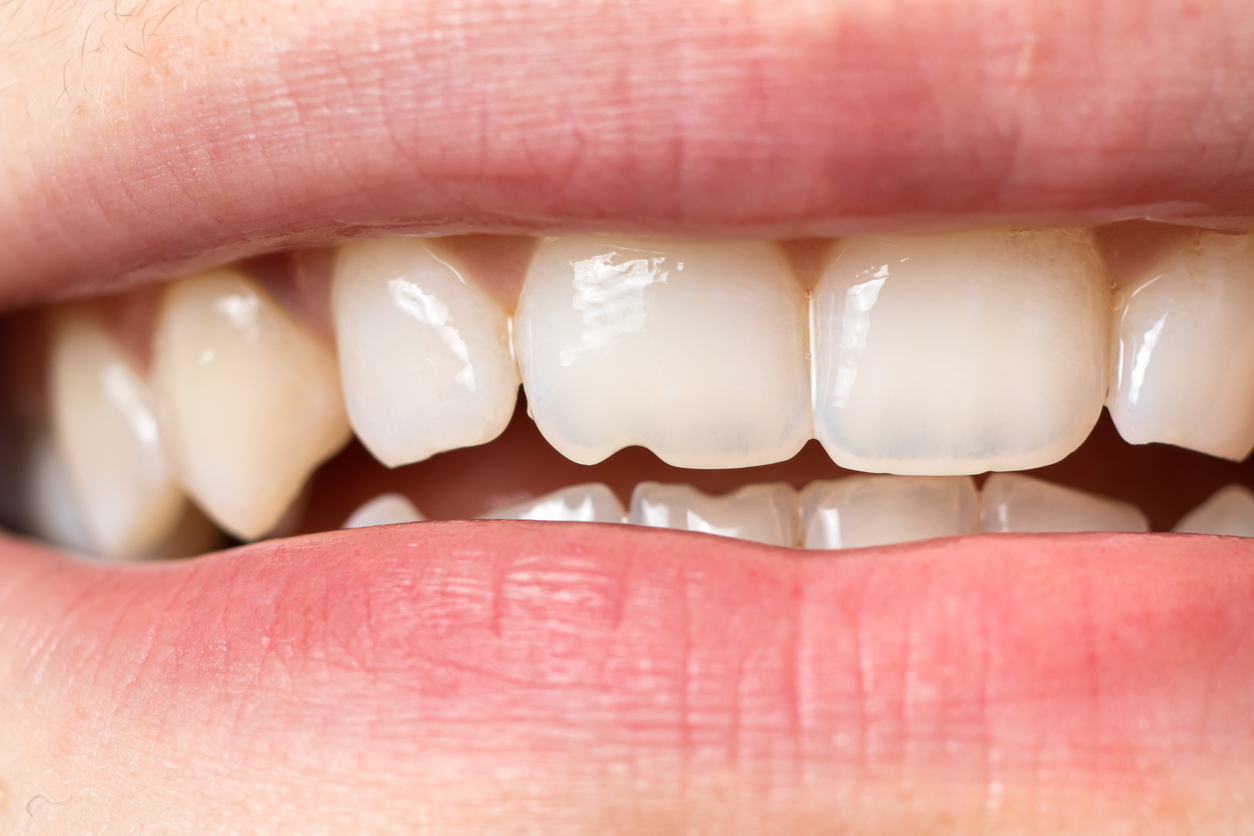Accidents happen, and sometimes those accidents can lead to an unexpected dental emergency, like a chipped, broken or even the loss of a tooth. Whether it occurs during a sporting event, a fall, or even biting down on a hard object, a chipped or broken tooth can be a scary experience. However, with prompt action and proper dental care, you can minimize the damage and restore your smile.
Dealing with a Chipped or Broken Tooth
You have just chipped or broken a tooth, do your best to remain calm. Assess the situation and determine the severity of the damage. If the tooth is only slightly chipped or has a small fracture, it may not require immediate attention. However, if the tooth is extensively damaged, causing pain or exposing the nerve, it is crucial to seek dental care as soon as possible. However, it is always best to contact your dentist as x-rays may reveal more serious problems than you can see or feel.
Take Action
After evaluating your tooth, it’s important to take immediate steps to minimize further damage and alleviate any discomfort. Rinse your mouth with warm water to remove any debris or blood. If there is bleeding, apply gentle pressure using a piece of gauze or a clean cloth. An ice pack or a cold compress can help reduce swelling.
If you are experiencing pain, over-the-counter pain relievers can provide temporary relief until you can see a dentist. You should also avoid chewing on the affected side of the mouth to prevent additional damage.
Contact Your Dentist
Contact your dentist as soon as possible. Describe the situation and the extent of the damage so that they can provide appropriate guidance and schedule an emergency visit if needed. It’s important to remember that time is of the essence when dealing with a chipped or broken tooth to prevent further complications.

What to Expect During Your Visit
During your visit, the dentist will evaluate the damage and determine the best course of action. In some cases, a minor chip or fracture can be repaired with dental bonding, which involves applying a tooth-colored resin to restore the shape and function of the tooth. For more extensive damage, a dental crown may be necessary to cover and protect the tooth. In severe cases where the tooth cannot be saved, extraction may be needed.
Protect Your Smile
Prevention is always the best course of action. This means making your teeth a priority and taking precautions to protect your smile. Such as:
- Avoid chewing on hard objects like ice or pens
- Do not use your teeth to open items or packaging
- Wear a mouthguard when participating in sports or engaging in activities that pose a risk of dental injury
- Practice good oral hygiene – brushing twice a day and flossing
- Get in for your regular dental check-ups




